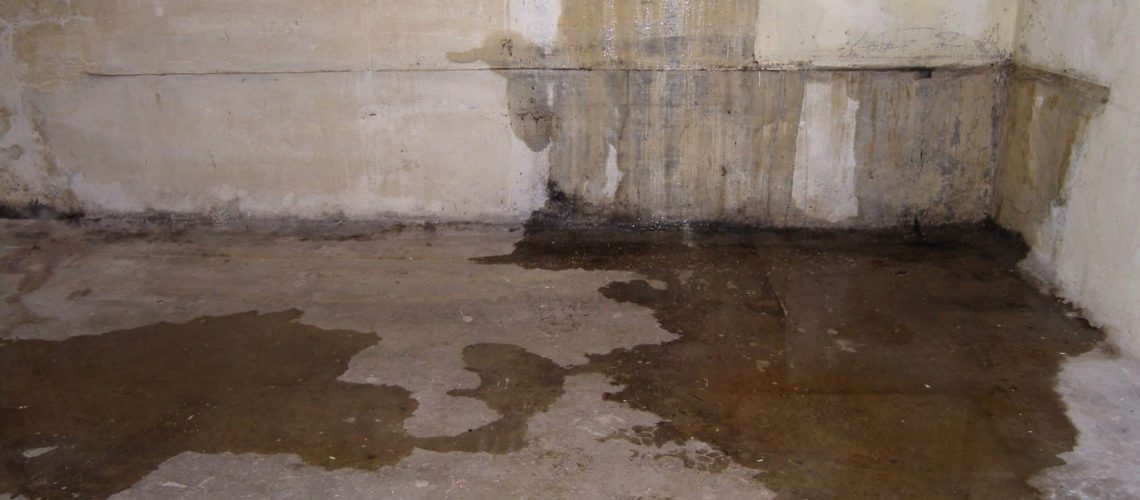Houses with leaky basement often experience foundation problems. The cause of a leaky basement is usually a result of a poor foundation, but sometimes it is caused by natural factors. For example, we have no control over the weather. Even if you stay indoors to avoid the rain, it will come. By locking your windows and other spots where rain may enter, you do not guarantee that your entire house is safe and dry. Basement leaks can have an effect on your health and security, as well as on almost everything else in your home. Basement leaks can develop and worsen over time as a result of broken underground pipes and pipes that transport water in and out of your home.
Causes of basement leaks. Leaky basements are one of the homeowners’ greatest concerns. It’s critical to discover the causes of these leaks in order to choose the appropriate solution. Here are some reasons why these leaks occur.
Cracks in the basement wall
Water entering the basement through cracks in the floor or walls is one of the many problems that can arise. The soil outside the basement walls becomes saturated with moisture, which puts pressure on the wall. When the moisture then seeks an escape route, it finds the cracks in the basement floor and walls.
Improper drainage of gutters and window wells
A poorly maintained gutter or window well can result in water accumulating too close to your house, creating hydrostatic pressure as water drains, thus forcing water into your basement.
Sump Pump Is Not Working Correctly
It is crucial to verify that your sump pump is working correctly to prevent flooding. Many basements are safeguarded by this device, which keeps water out.
Poor grading
There are several individuals who have no idea that grading is critical to the establishment of a home. The ground surrounding the foundation must slope away from the building, not towards it. You may need to add some dirt that slopes away to prevent water from seeping into your basement if your grading slopes towards your house.
Here are some ways to detect some signs of a leaky basement:
- Check for moisture. The first thing to look for when assessing for moisture is cracks around where your basement meets the floor. If you notice these cracks, don’t ignore them, because it’s a good sign that your basement has a leak. If these cracks are not handled properly, they will cause additional damage to the foundation of the building.
- Check the basement walls. The presence of efflorescence on your foundation wall is an obvious sign of a leaking pipe. A white or chalky substance is a result of leaching lime from the wall. The water that enters your foundation wall leeches lime out, leaving a white chalky residue behind. You may also observe a brown discoloration that appears to be caused by acid. Acid from outside leaks into your basement and mixes with the soil water, causing discolouration and potentially leading to a wall deterioration.
- Check for mold. The presence of mold in a leaking basement can have serious repercussions. Mycotoxins produced by certain molds and fungi can be inhaled through the air pores. Mold spores usually weaken the immune system, making one susceptible to a wide range of diseases. The seriousness of the health consequences associated with mold exposure depend on how much one is exposed to it. For example, in a moldy apartment where you breathe mold spores for a long time, the risks are higher.
A basement leak can ruin a home if it is neglected. You should not panic if you suspect that you have one; you must, however, seek out a waterproofing expert who can assess your basement, determine the extent of the damage, and offer the best solutions. Leaving the issue untreated will likely result in even more serious issues, which will cost even more money. Therefore, you should strive to eliminate the issue as soon as possible.


